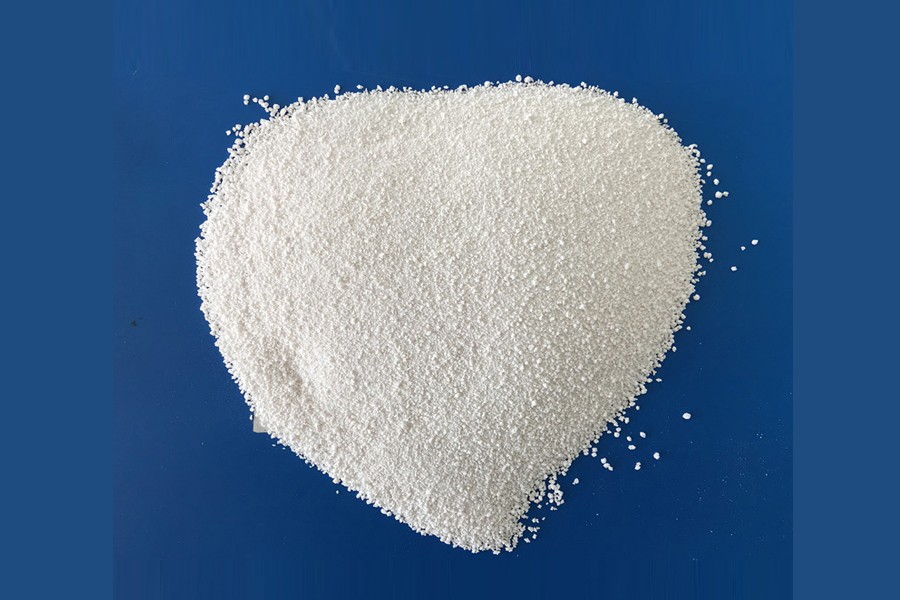
Published :
Updated :

The prices of 'chemical soda ash', a key industrial raw material, have surged by more than 30 per cent to approximately Tk 40 a kg in the local market, as the major exporting nation is delaying shipment since early this year.
Neighbouring India is the major source of the raw material for Bangladesh followed by China.
This chemical is used in some key industries, for instance, glass manufacturing, washing and detergent plants and textiles.
Local traders and importers told the FE on Sunday that India was one of the main sources of the chemical for Bangladesh.
But since early this year, the Indian producers have not been supplying it to Bangladesh on the pretext of higher freight cost.
They now argue that the rise of Covid-19 infections in India is affecting their production plants, for which they are taking time.
The Covid-19 infections started to rise in the neighbouring country from late March.
Under the circumstances, local traders and importers have urged the commerce and finance ministries to intervene in a bid to resolve the problem.
Otherwise, some key industries including the biggest export earning sector of clothing will be impacted adversely.
To be specific, the clothing sector may lose competitiveness in the global market due to the higher production cost.
On the other hand, prices of detergent, glass and other relevant products may go up in the local market.
The traders said many of them had opened letters of credit (LCs) for importing the soda ash from India in January and February last. However, they are yet to receive the product.
Mr Shubhash Chandra Roy, proprietor of Chattogram-based SGS Trade International, told the FE: "We opened L/Cs for 2,000 tonnes and 500 tonnes of soda ash in January and February respectively. But the soda ash is yet to reach the Chittagong port."
The destination port or receiving port of the chemical is usually the Chittagong port. It comes to the country by both break-bulks and container carriers.
Mr Roy said they had even adjusted an additional amount of $35 dollar per tonne upon contract price as his counterparty exporter had argued for higher shipping freights.
Indian soda ash producing factories NIRMA and GHCL are major suppliers to Bangladesh.
Mr Roy said local prices of soda ash used to range between Tk 28 and Tk 30 a kg earlier and that the market had gone up due to the shortage of the same.
On the other hand, this chemical is used in manufacturing glass. But the manufacturers have been facing troubles in the production process due to the shortage of the ingredient.
Md Ershadul Mustafa, general manager at the PHP Glass Factory, one of the biggest glass makers in Bangladesh, told the FE: "We're not getting the chemical for the last four months from India."
Only glass factories consume more than 100,000 tonnes a year for producing glass having commendable shares both in the local and export market, he said.
He said that they used 'dense soda ash' and others used 'light soda ash' and that they procured it from producers directly - the difference between them was nothing but concentration of the salt.
Currently, there is no producing plant of the soda ash in Bangladesh. To meet its growing demand, the country imports a small quantity of the chemical from Russia and Pakistan.
The annual demand is now more than 1.1 million tonnes, as local consumption of light soda ash reaches more than 1.0 million tonnes.
jasimharoon@yahoo.com


 For all latest news, follow The Financial Express Google News channel.
For all latest news, follow The Financial Express Google News channel.